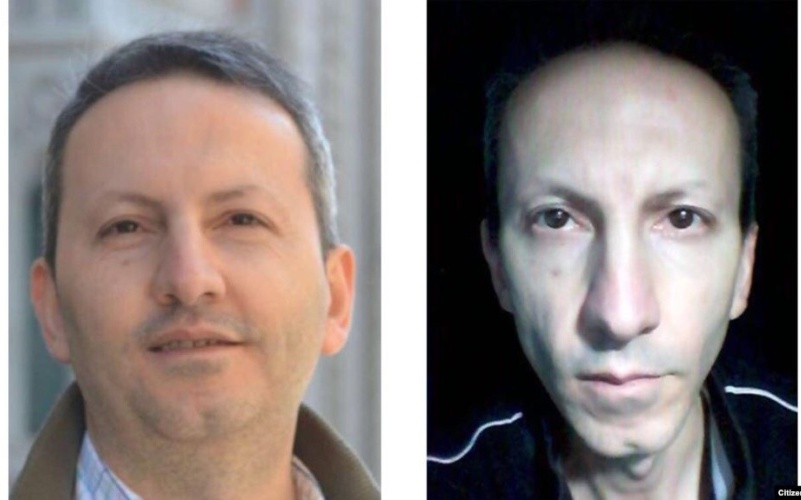Amnesty International has urged Iran’s authorities to allow specialized medical care for imprisoned Swedish-Iranian scientist Ahmadreza Djalali.
In a letter to Tehran Prosecutor-General Ali Alghasi Mehr, Amnesty said Djalali has a low white blood cell count and has lost 24 kg (almost 53 pounds). It argues, “Stop using the denial of timely and adequate medical care as a form of additional punishment.”
Djalali, a resident of Sweden since 2009, was detained in April 2016 while on an academic visit hosted by Tehran University. He is a physician and researcher with the Karolinska Institute near Stockholm, focusing on crisis management.
Held in Evin Prison, Djalali was accused of “collaboration with a hostile government”, but no details of the charge were provided. He was sentenced to death for “corruption on earth” by hardline Judge Abolqassem Salavati in October 2017.
Amnesty calls for Jalali’s immediate release and for his “right to compensation” over arbitrary detention.
Last December, more than 100 Nobel laureates called upon the Supreme Leader to allow the scientist to return to Sweden to his wife and children.
The regime made no response.
Iranian authorities have detained a series of scientists and environmentalists amid their sweeping detention of political prisoners, on general charges of acting against national security.
In March, the UN Special Rapporteur on Human Rights in Iran, Javaid Rehman, again set out the imprisonment of students, journalists, lawyers, labor leaders, members of religious minorities, and human rights activists.
Iranian officials have refused to allow Rehman to enter the country to investigate conditions.

